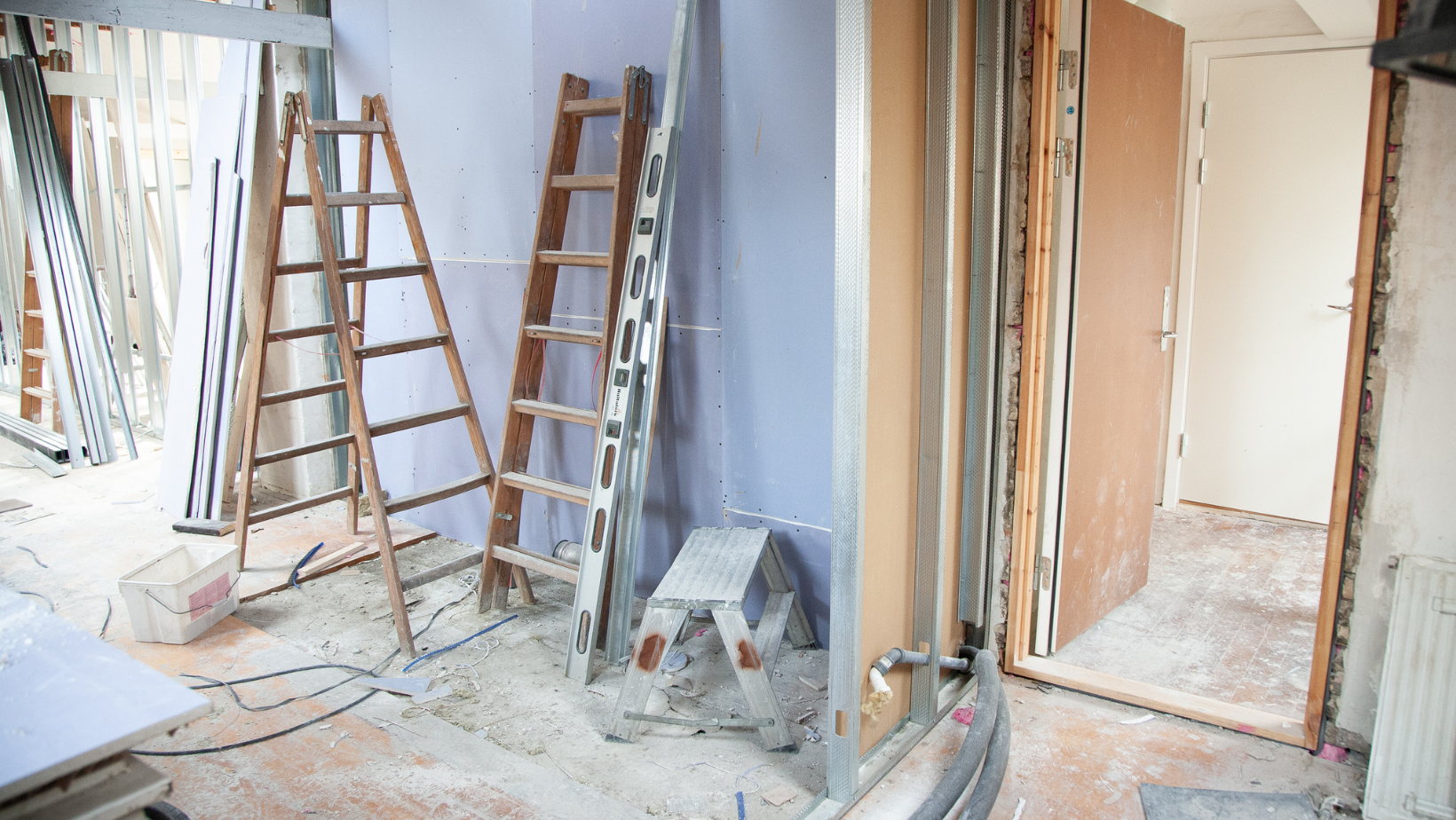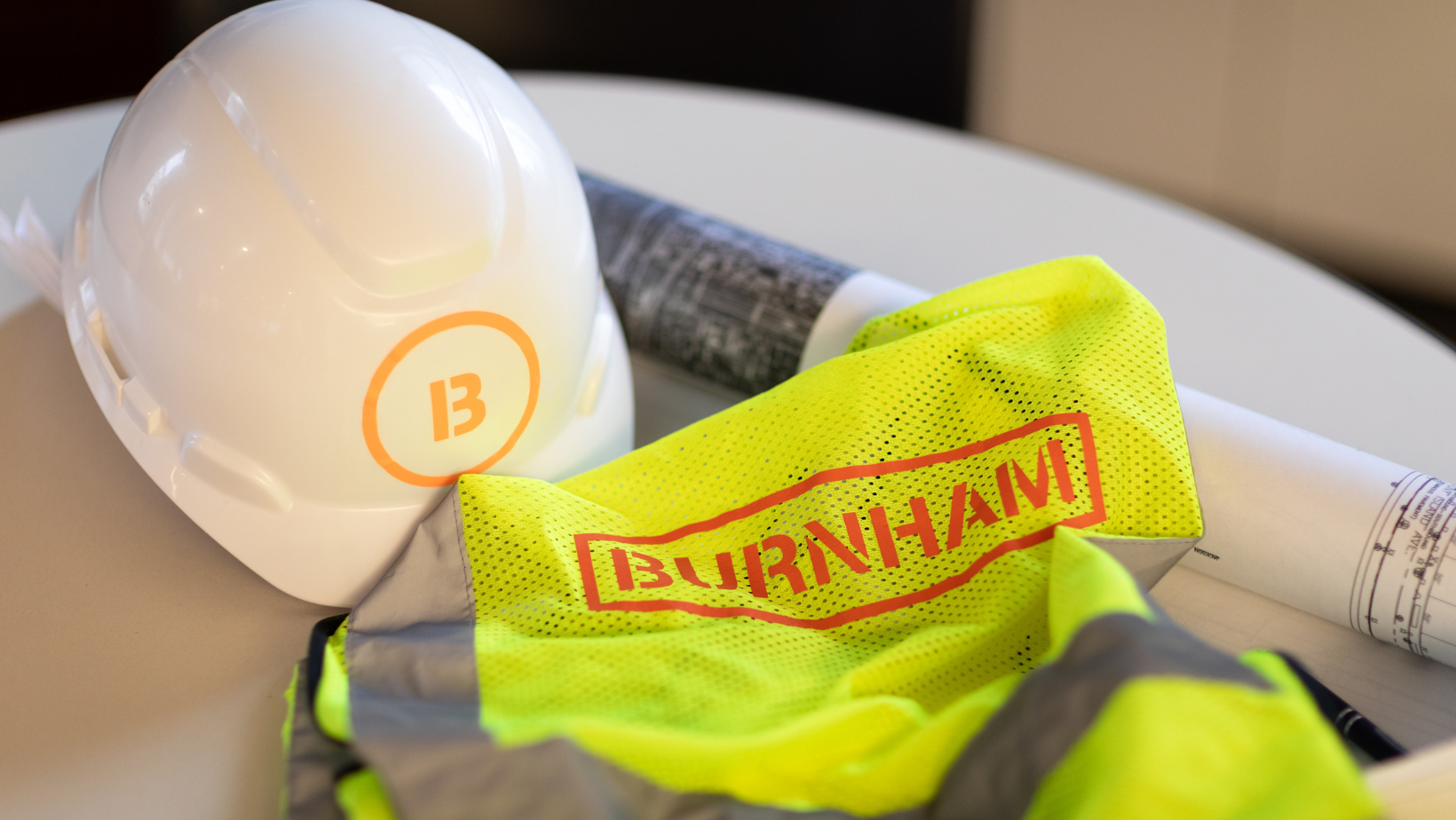Do You Need a Permit for Tenant Improvements?

Posted by Colin Jaehnke

At Burnham Nationwide, one of the most common questions we hear is whether a Tenant Improvement (TI) project requires a permit. The short answer: it depends. But if you're unsure, it's always best to check first—before your project is underway.
We have helped clients across the country manage permits efficiently and confidently, even in the most complex jurisdictions.
What is a Tenant Improvement?
A Tenant Improvement (TI) project involves updating an existing space to meet the needs of a new occupant. These projects typically take place when one tenant moves out and another comes in. They may involve cosmetic updates, layout changes, or infrastructure upgrades. Common examples include:
-
Converting office interiors
-
Updating retail storefronts
-
Renovating restaurant dining areas or kitchens
-
Reconfiguring hotel rooms or public spaces
TI work focuses on interior spaces and excludes ground-up construction. Even though it might seem simple on the surface, many TI projects still require plan review and permitting depending on the scope of work and location.
When Is a Permit Required?
Permitting requirements vary by city and jurisdiction, but here are some questions we always ask to help determine whether a permit is necessary:
-
Changing of use or occupancy
-
Structural changes
-
Mechanical, electrical, and plumbing work (new HVAC, plumbing lines or upgrading electrical panels)
-
Accessibility upgrades (required when you're renovating more than a certain percentage of the space)
-
Changes in square footage
Cosmetic-only work may qualify for an express permit or may not need a permit at all, depending on the city. Every city is different, but here is a guide from the city of LA's Department of Building and Safety on their express permits.
More involved work, however, especially anything structural or involving utilities, usually requires a full plan check.
Learn more about our permit expediting services »
Why Permitting Matters
Skipping the permit process can have major consequences. We’ve seen cases where teams assumed their scope was too minor to warrant permitting. Unfortunately, cities often discover unpermitted work—during inspections, tenant transitions, or even just routine checks.
Once that happens, you may be facing:
-
Fines and violations
-
A stop-work order
-
Mandatory plan check and retroactive approvals
-
Costly rework to bring the project into compliance
It’s always better to get clarity upfront than to deal with complications after the fact.
What to Know Before You Call
If you're thinking about a TI project, here’s what we’ll need to get started:
-
The project address and jurisdiction
-
Your estimated budget or valuation
-
A clear description of the scope of work
This helps us assess which permits you may need, determine the city’s specific requirements, and advise on timelines. Jurisdictions can differ significantly—some split permits by trade (mechanical, electrical, plumbing), while others combine them. Our job is to help you navigate that efficiently.
The Burnham Advantage
Burnham Nationwide has been supporting TI projects across the country for over 30 years. Our team has deep, hands-on experience in cities from coast to coast, and we maintain relationships with jurisdictions large and small. That means:
-
Institutional knowledge that saves time and cuts red tape
-
Access to a database of past projects and permitting nuances
-
A team that knows what to ask—before your project hits a roadblock
We’re not just a permit runner. We’re a national partner with local insight, helping clients manage the details that make a difference.
If you’re planning a tenant improvement and aren’t sure where to start—or whether you need a permit—don’t guess. Contact us today and we’ll help you get the answers you need.
From your first questions to final approvals, we’re here to make the process smoother, faster, and fully compliant.




